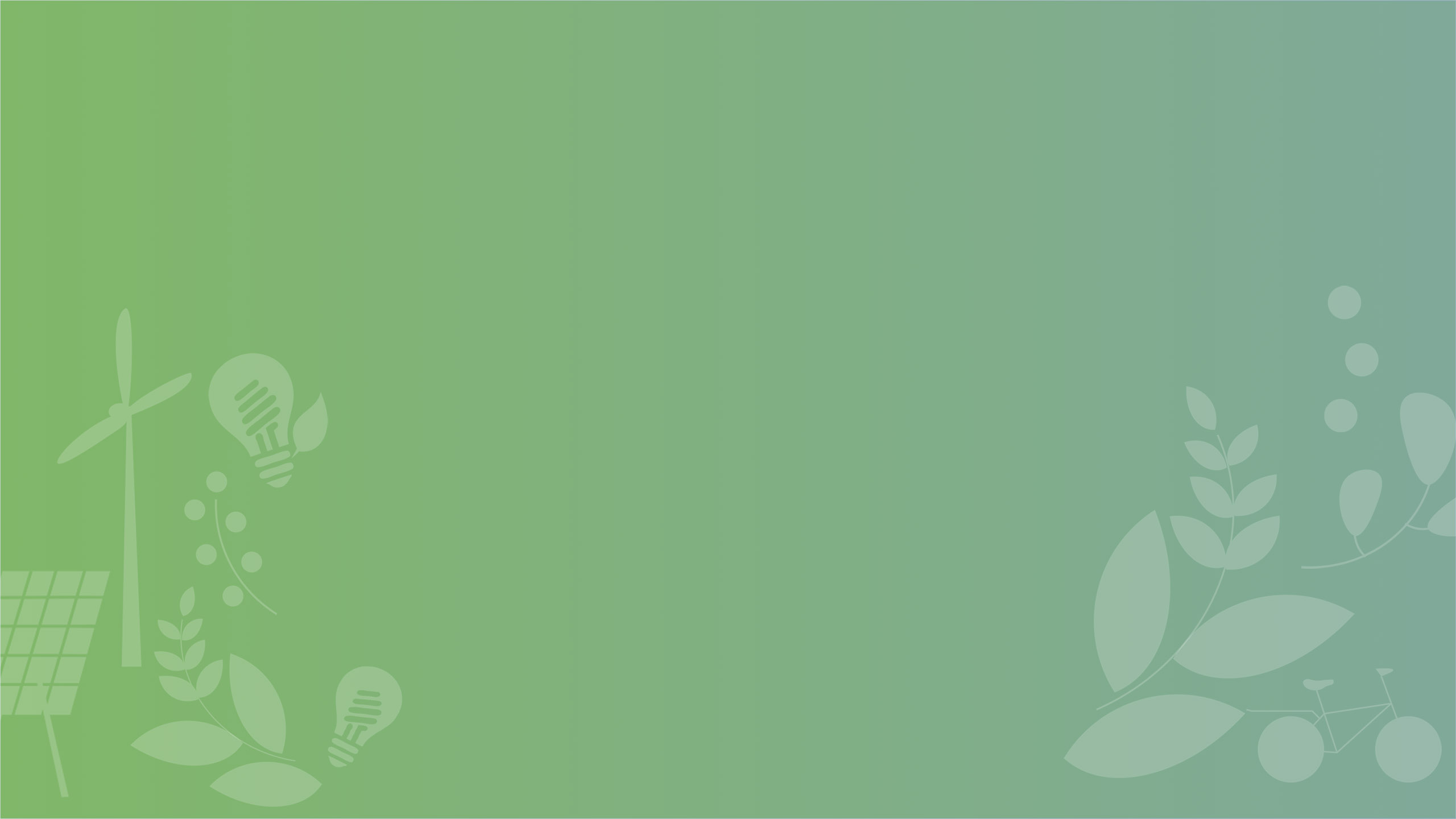-
Jul 08 2021 Six innovative bio-waste management ideas received financial support
Six innovative solutions that will contribute to the reduction of generation, as well as the reuse of biodegradable waste in Serbia, have received co-financing funds for their implementation in practice.
These solutions were selected under the “Bio-waste Management Challenge Call” organized by the United Nations Development Programme (UNDP) and the Ministry of Environmental Protection, with the support of the Swedish International Development Cooperation Agency (Sida). The goal of this challenge was to identify and support the implementation of innovative solutions for management of food waste and kitchen waste, as well as green waste from parks and gardens.
The implementation of selected ideas will contribute to the reduction of the bio-waste by better procurement planning, separation of recyclable waste, use of biodegradable waste for the production of compost for fertilizers, pellets and briquettes for energy production, but also the production of soaps and edible oils.
These innovative solutions will also contribute to the reduction of greenhouse gases (GHG) emission and pollution, as well as the development of the circular economy in Serbia.
Thanks to the idea of the Public Utility Company “Higijena Pancevo”, a system of communal waste separation in individual households will be introduced in Serbia for the first time. This project will cover 300 households in the “pilot zone” of the city. Each household will receive a home composter, for the disposal of food waste and green waste. The compost created in that way can be used as fertilizer. In addition, households will receive a container for PET packaging separation and a container for mixed communal waste, while they will also be able to dispose of glass waste at common street checkpoints. “Higijena Pancevo” will measure the amount of waste collected in this way and keep electronic records about it, so that households pay for the waste collection service according to the amount of waste they dispose of.
In the vineyards on the territory of the municipality of Vrsac, large amounts of waste are generated from the branches, which mostly end up at landfills or are set on fire, like stubble. Dairy “Petrov” from Veliko Srediste near Vrsac came up with the idea to use grape branches to produce bio-pellets, which will be used as fuel for the needs of the dairy production. Dairy “Petrov” is already baling and using straw from its farm for that purpose, but they decided to introduce a new practice, since pellets from grape residues have a better caloric value, compared to straw. This will produce more energy with fewer raw materials.
The civil society organization “BIOIDEA”, in cooperation with the „Institute of General and Physical Chemistry” from Belgrade, has created a soap and candle production procedure from edible oil waste at home. They will distribute 2000 zeolite containers, in which the oil used in food preparation can be purified, as well as a recipe for soap production, free of charge to the interested citizens. The organization will also train women living in rural areas of Serbia to make soaps and candles from edible oil waste, in order to provide themselves with a source of income.
The company “Agrose” from Mladenovac, engaged in the production of jams and fruit purees, will use the seeds that remain after fruit processing to produce various sorts of edible oils for human use, as well as flour that can be used as a dietary supplement for animals. In this way, they will reduce the amount of food waste generated in the fruit processing chain.
The company “Hyperether” Ltd from Novi Sad will develop a mobile application based on artificial intelligence, which will contribute to the food waste reduction, by monitoring the expiration dates of the food in the refrigerator and by warning users of the application to use it on time. The application will do this based on the photos of food in the refrigerator and will also offer recipes for preparing meals based on the available groceries. The mobile application will be available to citizens free of charge, while a commercial version will be offered to hotels, restaurants and cafes, for better procurement planning.
In order to make the most of biodegradable waste from landfills, Public Utility Company “Regional Center for Waste Management Duboko Uzice” will produce pellets and briquettes from larger pieces of wood, as well as decorative mulch from the remains of wood. A composting plant will be opened at the landfill, where all other biodegradable waste from households will be preserved and processed into quality compost, which is used as a soil fertilizer.
***
The „Bio-Waste Management Challenge” project is implemented by the United Nations Development Programme” (UNDP) in partnership with the Ministry of Environmental Protection, with the support of the Swedish International Development Cooperation Agency (Sida).


